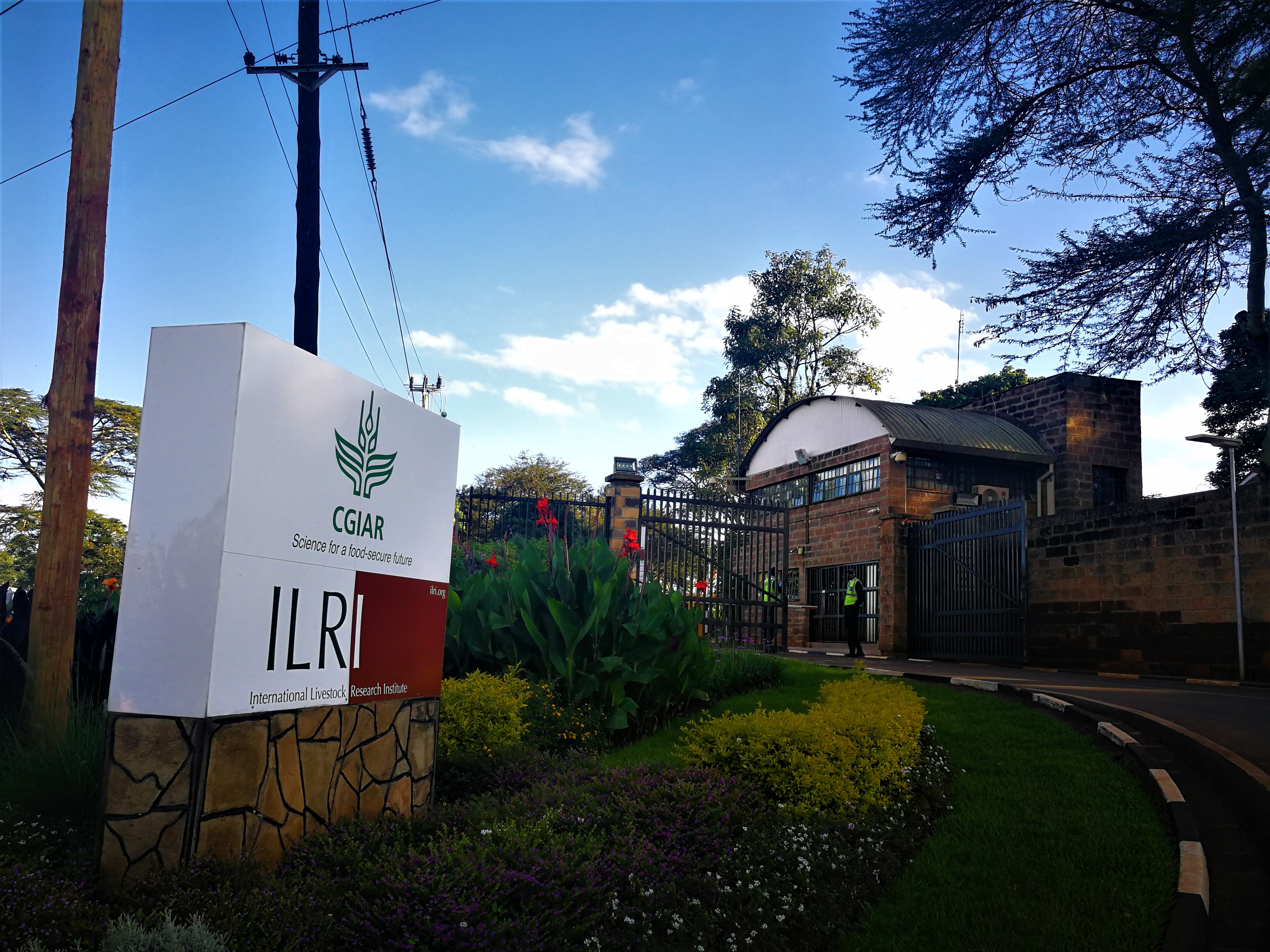MY RESEARCH

Introduction
For my MSc CCAFS Thesis I have undertaken a research project , a partnership between NUI Galway and The International Livestock Research Institute (ILRI) in Nairobi Kenya.
For this project I will be investigating how Community Based Organisations (CBOs) can help smallholder farmers to adopt and finance Climate-Smart Agriculture (CSA).
The study will focus on a region in Lower Nyando, Western Kenya.
This region hosts a Climate-Smart Villare (CSV) site which ILRI has established and maintains as part of the CGIAR global Climate Change, Agriculture and Food Security (CCAFS) research programme.
Climate-smart agriculture (CSA) is an approach that helps to guide actions needed to transform and reorient agricultural systems to effectively support development and ensure food security in a changing climate.
Accelerated uptake and scaling of CSA practices and technologies can be facilitated by different types of institutions and institutional innovations at different levels. At the local level, collective action through community-based organisations is useful for scaling up CSA.
Community based organisations have potential as partner institutions in CSA scaling, in addition other formal and informal institutions. The CGIAR Research Program on Climate Change, Agriculture and Food Security (CCAFS) has developed the Climate-Smart Village (CSV) approach to agricultural research for development (AR4D) in the context of climate change (Aggarwal et al., 2018).
In Kenya, CCAFS is working with a range of CBOs in the Nyando CSVs to test a portfolio of CSA technologies and practices and explore the potential for CBOs (and institutional innovations) for scaling CSA practices and technologies (Kinyangi J, 2015). The CBOs are comprised of different types of groups (e.g. women only, men only, mixed, youth). Two types of institutional innovations are being explored for CSA scaling through CBOs, namely i) revolving finance systems (innovation fund), and ii) peer-to-peer learning platforms through various activities (training, learning events/field days, smart-farms/demonstration farms, and ASK shows).
In Nyando, the communities have organized themselves into three large community-based organizations — Friends of Katuk Odeyo (FOKO), North-East Community Development Program (NECODEP) and Kapsokale. The three CBOs are made up of 50 self-help groups from 106 villages, representing about 2500 households.
Research Objectives
1. To map the range of institutional innovations within the CSVs (CBOs and others) and identify opportunities/constraints for such innovations to accelerate uptake and facilitate scaling of CSA practices.
2. To investigate the history, function, impact, governance structures, representation, accountability, funding and incentive mechanisms of CBOs, assess perceptions of CBO members of the usefulness of CSVs as learning platforms for CBOs to scale CSA in their communities, including CBO recommendations for improvements of CSVs
3. To determine the opportunities, constraints and trade-offs for i) revolving finance systems, and ii) peer-to-peer learning platforms as institutional innovations within CBOs to foster financing, uptake and dissemination of CSA technologies and practices in East Africa.
Methods
Desk review of literature and collection of secondary data has been initiated. This will be supplemented with primary data through surveys of members of the individual groups which make up the three Nyando CBOs. Informal group discussions with members of these groups who represent the membership at the CBO level will provide additional information. The data will be collected in June and early July of 2018.